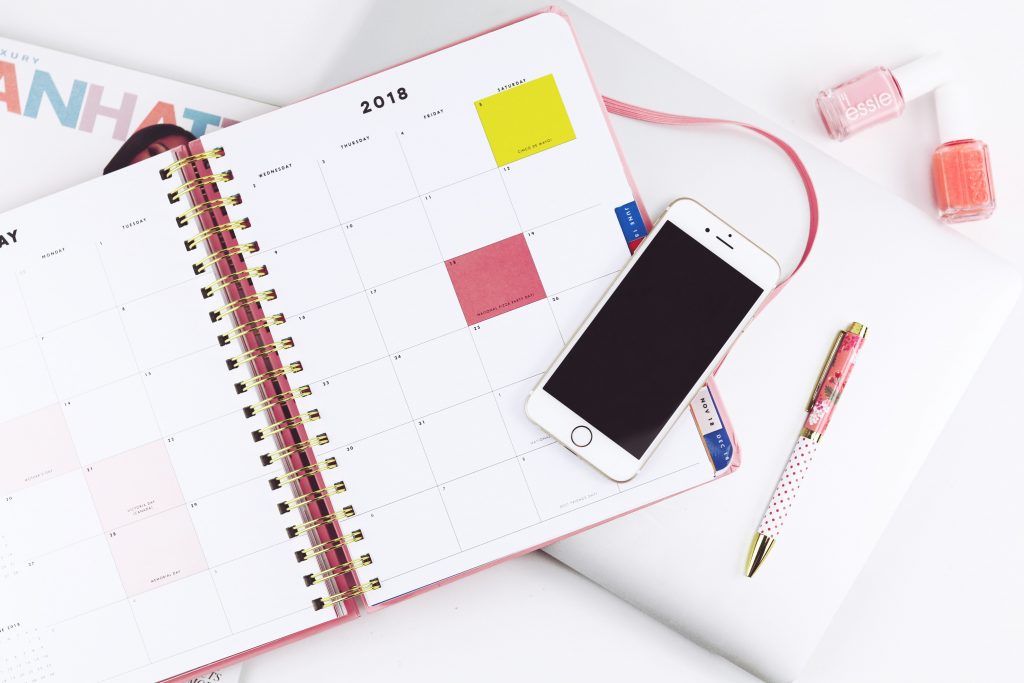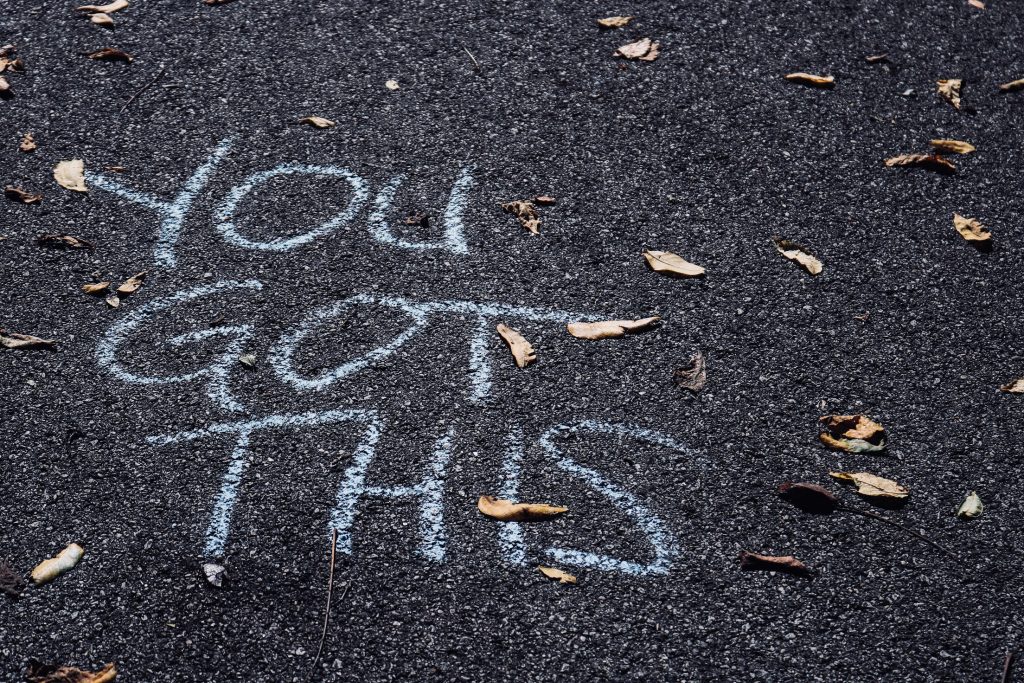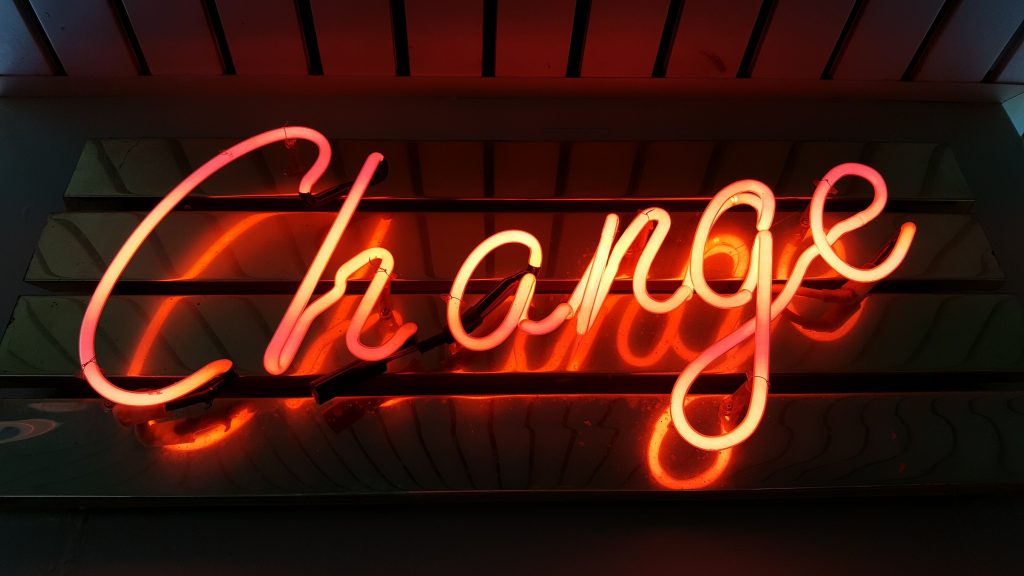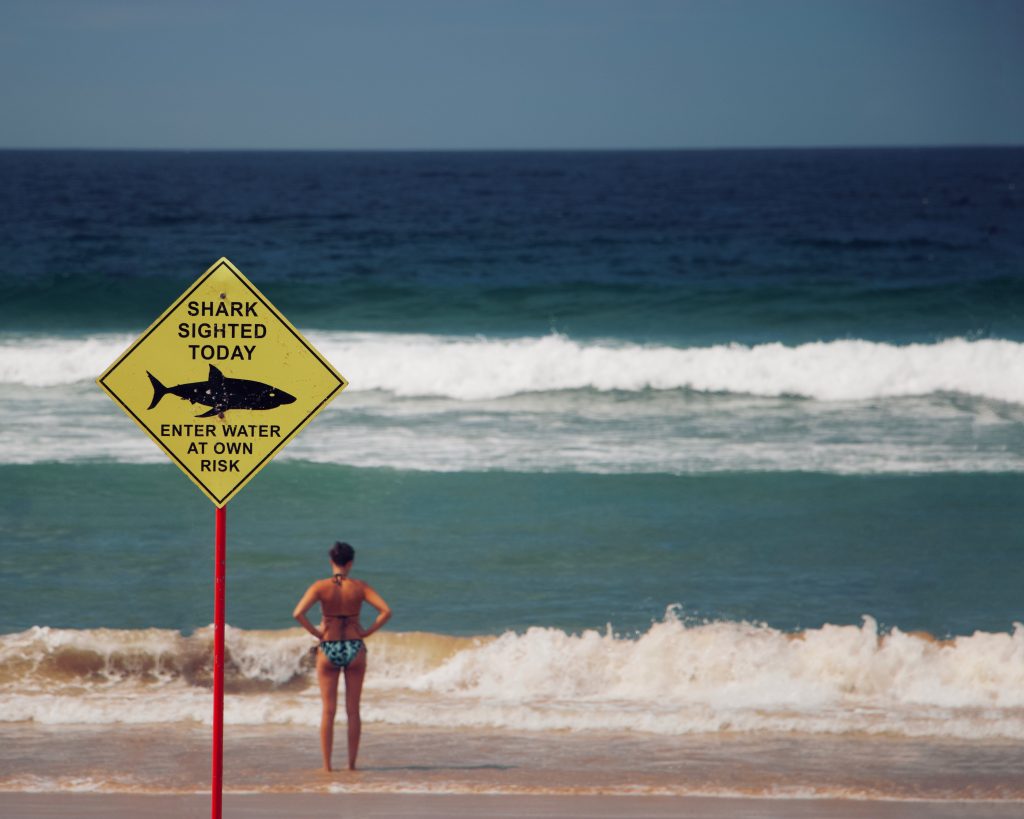
One day, when I was living in Paris, a friend and I made a discovery. It turned out we both had one day every single month when we would feel sad and cry for no apparent reason. We finally figured out that it was always the day before our period. It was quite the revelation. This ‘sad day’ wasn’t out of the blue, it was regular as clockwork. And it was all due to hormones.
But somehow I managed to forget all about this discovery. Every month would come round. I’d have a day or two feeling really sad, blue, wondering what was wrong with me. And then the next day I’d get the answer, oh yes, I was due my period.
I loosely kept track of when my period should come. I’d note in my diary a star on the first day of my period and a question mark on the day 25 days later. Even so, I would without fail forget about the ‘sad day’.
A hormone tracker changed her world
The first time I properly considered how my menstrual cycle affects me was only a year or two ago when I read an article. The journalist had just discovered a free hormone app tracker, and it changed her world.
A very brief summary is that we have four stages of our menstrual cycle. Our hormones are doing different things during each stage. These hormones affect our mood, appetite, energy levels, desire for socialising (along with other things going on in our lives, of course).
Rising oestrogen in week one (the first day of your period and the days following) gives you a surge of positivity and good feelings (having felt fairly crap during week 4). Week 2, as oestrogen continues to rise, you’re likely to feel more upbeat, confident and resilient. Week 3 you’ll probably be feeling quite mellow and sleepy (due to rising progesterone), and week 4 it’s likely you’ll feel irritated, a bit blue, generally p*ssed off at the world as oestrogen is now dropping. (I’d advise you to read up on this, I’m no biologist).
It was amazing to finally understand why some weeks I feel confident, full of energy and good vibes, wanting to socialise every night. Then other weeks I can’t bear to be around too many other people, wanting to cancel all social engagements and just lie on the sofa watching tv.
Amongst other things it also affects productivity; some weeks I’m super motivated and on a roll, others my pep is limited.
We should cut ourselves some slack
The reason I’m sharing this is so that you can learn to cut yourself some slack. We women are good at giving ourselves a hard time. Those days when there is lots to do. Your to-do list is infinite, but you’re low on energy. You just want to sleep, you’re irritated, you’re crabby, you’re uninspired – there’s a reason. It’s probably partly because your hormones are doing their thing (and let’s not forget diet, sleep, exercise, personal issues etc etc all play a part too).
Give yourself a break. Sooner or later the week of your cycle will come around where you’re positive, full of energy, a can-do attitude and great ideas.
If you’re going through a career change or looking to make changes in other areas of your life, it can be tough to stay motivated and focused. There are lots of emotional issues going on. There’s quite possibly a lot of negative chatter, your brain’s way of keeping you safe and within your comfort zone. And then on top of that your mood, confidence and energy are all affected by your hormones.
Plan ahead
My advice is to read up a little on hormones, or download one of the many free hormone tracker apps out there. Build your awareness. You’ll start to figure out which week’s great for networking, contacting people, charging ahead with your plans. And which week is a good time for reflection and slowing down. You can start to make plans with this knowledge in mind.
Even with what I’ve learned, I still have to remind myself all this on a weekly or even daily basis. It’s easy to forget. Sometimes you’re feeling the way you feel, simply because of…hormones.
If you’d like to try life coaching with me, send me an email at joaopoku@gmail.com.
Photo by Jealous Weekends on Unsplash




